The Loop launched on 12 October 2020. In spring 2021, our team discussed establishing an annual prize for the strongest blog piece published during a calendar year. Managing Editor Kate Hawkins tells the story of the creation of our first-ever award
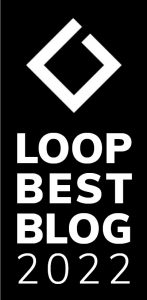
As our nascent blog site grew in published volume, and our readership swelled, the Loop team felt increasingly that we should instigate some form of recognition for our hardworking authors.
A prize could bring well-deserved recognition to the work of early career scholars. It would also be a great excuse to re-publicise the highest-quality work published on the blog site.
We wanted to point up articles that bore particular relevance to current events; to honour pieces that were likely to influence political thought or opinion; and to highlight those which might have particular appeal to a readership beyond academe.
By May 2021, we had fleshed out a proposal for an annual Best Blog award, though by then it was too late to award one in that year. We brought our idea to the Publications Subcommittee of ECPR’s Executive Committee, for a prize starting in 2022. Happily, they green-lighted our proposal, endowing the prize with a €500 fund.
All posts published in 2022 were eligible, though the Editors were somewhat concerned about repetition year on year. We therefore established that if the jurors happened to award the prize to an entry in a series thread, such as ⛓️ Constraints on Academic Freedom, or 🔮 The Future of Populism, entries in that series would be ineligible for nomination the following year.
In January 2022, we began keeping track of which pieces truly impressed us, assessing each article for its merits on three key qualities:
None of our blog posts exceed 1,000 words, so we figured that the following longlist of twelve stand-out articles – each of which takes around five minutes to read – wouldn’t be too burdensome for our jurors!
We selected our jury members for their proven ability to communicate scholarly concepts to an audience outside academe's 'ivory tower':
| Albrecht Sonntag Université de Nantes | Albrecht runs a weekly editorial on not-for-profit radio station EU!RADIO. He also manages The European Notepad blog site, which brings together a wide variety of dissemination publications stemming from academic research in French, English, or German. |
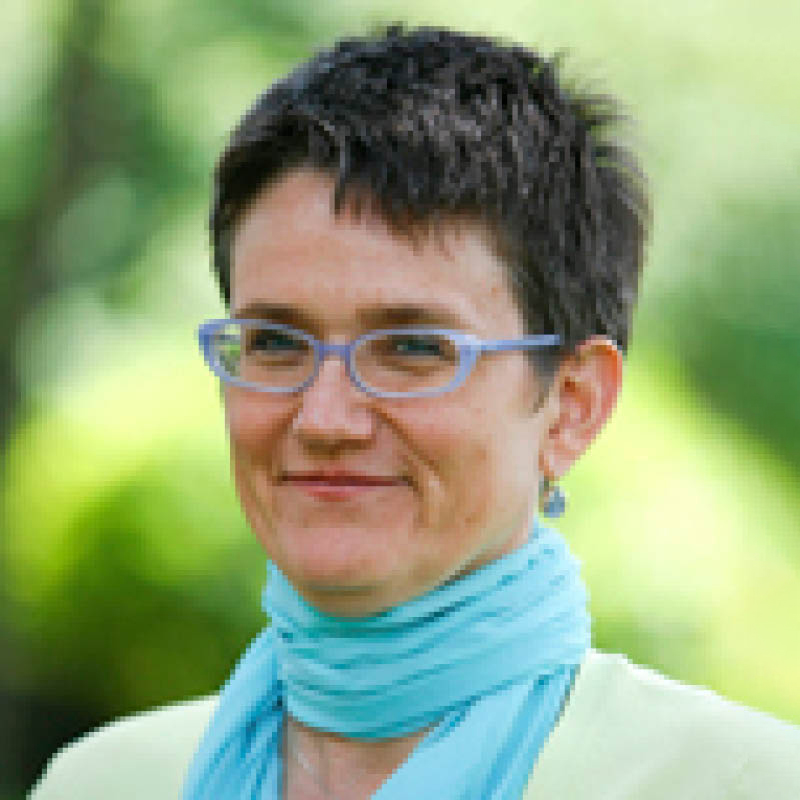 | EJ Graff Brandeis University, Massachusetts | EJ is an award-winning journalist, editor, author, and speaker. She is Managing Editor of the Washington Post's Monkey Cage blog, and senior fellow at the Schuster Institute for Investigative Journalism. |
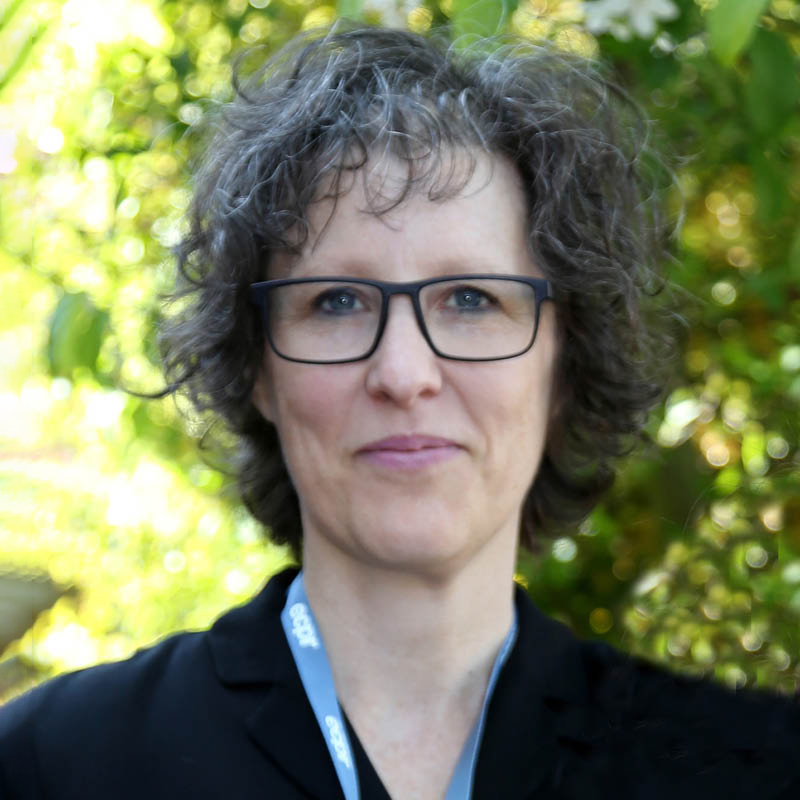 | Alexandra Segerberg Uppsala University | Alex is well known to ECPR as a former editor of our ECPR Press imprint. She is also the outgoing founding editor of our newest (and only fully Open Access) journal, Political Research Exchange. |
After this inaugural year, we plan to include the previous year’s Best Blog winner in the jury. If the prize-winning piece has more than one author, the first-named author will represent.
Our jurors scored each longlisted piece independently, against each of the three key qualities. This brought us our shortlist of the top three highest-scoring articles. The jury then deliberated between themselves to settle on an overall winner.
In the event of a tie, we decided that readership figures, averaged out over the time since publication, would make a good tiebreaker.
In their scoring, each of our three jurors displayed a preference for one of the three shortlisted blog pieces below. The winner was thus by no means a foregone conclusion.
  | Adolescent girls face severe threats in crisis and conflict – and we must listen to them Despite the prevalence of security threats facing adolescent girls in conflict and crisis contexts, write Katrina Lee-Koo and Eleanor Gordon, they are rarely engaged in efforts to identify or address these threats. This enables the continuation of high levels of violence against them, and compromises peace-building efforts. |
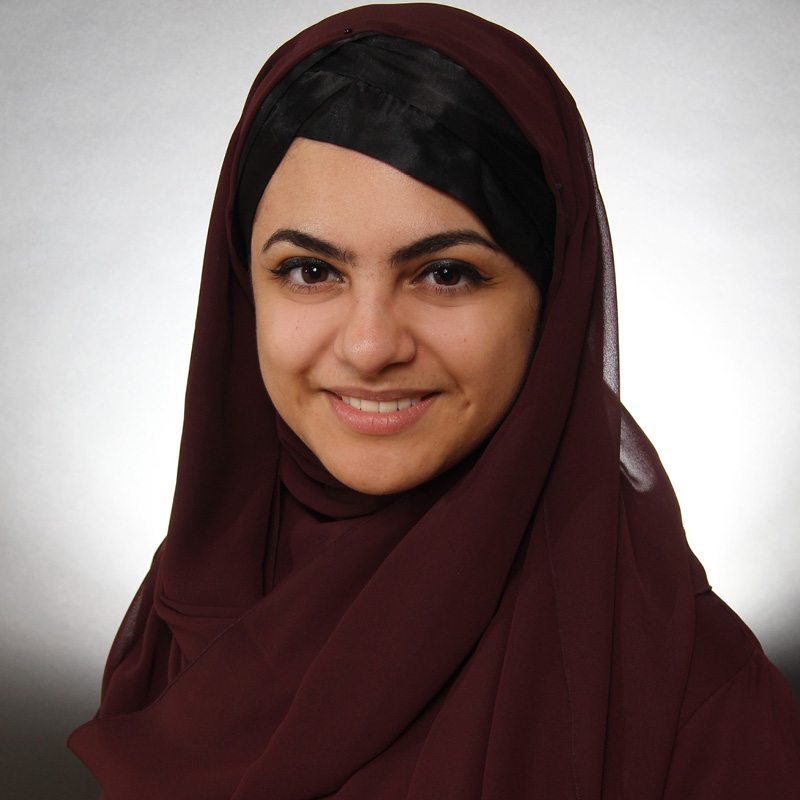 | ♟️ Autocracies with adjectives: we need better typologies of authoritarian regimes The study of regime types, Hager Ali argues, is imbalanced. Theories and concepts of democracy have received attention for decades. But amid the resurgence of autocracies, scholars of authoritarianism still do not have the luxury of nuanced typologies to dissect the broad spectrum of non-democratic regimes. |
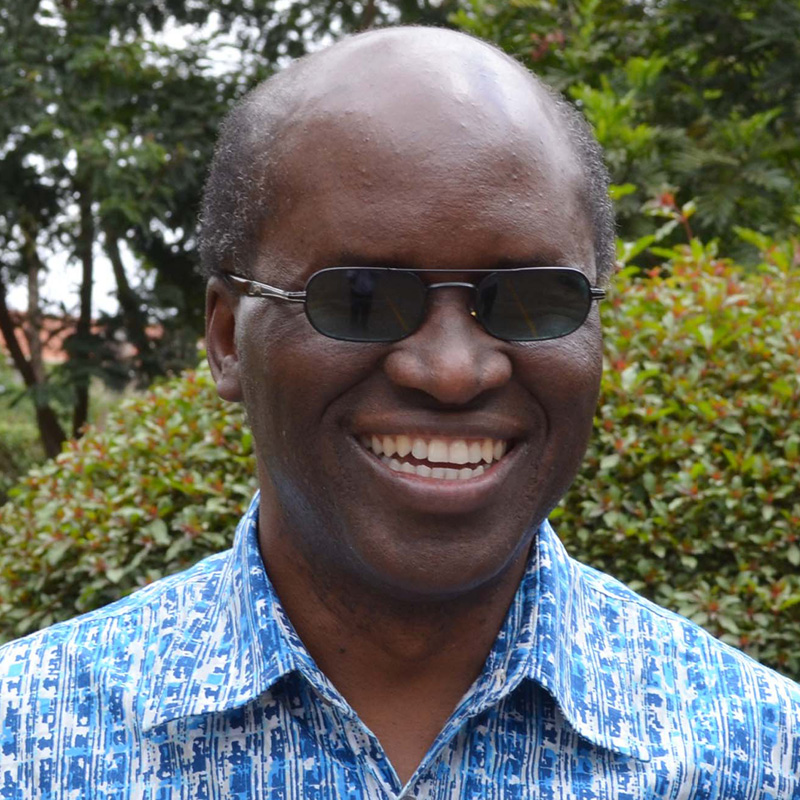 | 🦋 How elections stifle democracy in Kenya Reginald MJ Oduor encourages political theorists to disentangle themselves from the idea that democracy and elections are inextricably bound together. Through this, he seeks to promote the pursuit of genuine citizen participation in Kenya and other postcolonial states in Africa. |
In the event, Reginald Oduor's contribution to Jean-Paul Gagnon’s 🦋 Science of Democracy series emerged victorious. In their laudatory comments, the jury offered the following:
We wish to honour Reginald MJ Odour’s unique challenge to Western political thought. He argues, powerfully and clearly, that assumptions about democratic processes remain deeply colonialist, presuming that good governance relies on individualism and grows from contests between opposing views. Reginald challenges the presumed centrality of elections. He makes us understand that democracy can instead grow from consultation and consensus – and that, in Kenya, elections actually undermine democracy.
Albrecht sonntag, EJ Graff, Alexandra Segerberg, 2022 prize jury
Of their second-choice piece, the jury said:
Hager Ali’s keen analysis of political science’s failure to think clearly about the varieties of autocracy challenges the discipline to think more precisely the governance structures in non-democratic regimes.
Winner Reginald's research interests include political philosophy, African philosophy, philosophy of technology, ethics, and disability rights. He is the first person with total visual disability to be appointed to a substantive teaching position in a public university in Kenya. On learning of his win, he told us:
I am overjoyed to receive this prize. Through it, my efforts at encouraging public discourse on home-grown models of democracy in postcolonial polities in Africa and elsewhere have been recognised. The award is also a great encouragement to academics with total visual disability, like myself, for whom access to adequate information is much more daunting than it is for their sighted counterparts.
Reginald MJ Oduor, winner, loop best blog prize 2022
Following the decision, we reached out to series editor Jean-Paul, to ask how he discovered Reginald's scholarship. He told us about hearing Reginald speak at a symposium organised by Dannica Fleuß, a couple of years ago:
This led me to read more of Reginald’s work, and I became filled with curiosity about what he might have to say in relation to the science of democracy. I’m so pleased he said 'yes' when I asked him to contribute because it gave us a tremendous glimpse into a world of democratic practice beyond elections. That’s a challenging feat given how very much money, attention and effort is put towards elections – and elections alone – in Africa by various aid organisations and multinational programmes.
jean-paul gagnon (canberra), 🦋 science of democracy series editor
Echoing Jean-Paul's comments, Dannica Fleuß added:
I first met Reginald while guest-lecturing at the University of Nairobi, where we bonded over a shared interest in alternatives to 'liberal' or 'electoral-representative democracy'. We soon initiated a webinar-based dialogue between Global North/Western and sub-Saharan African speakers that attracted a global audience... While Reginald's work is informed by Western theory and philosophy, he combines this ingeniously with insights derived from his Kenyan cultural and political background. Indeed, his insights drove me to question my own assumptions about culture(s), ethnicity, and identity – and I believe Western/Global North political theory has much to learn from Reginald's attempts to bridge different traditions and cultures of thinking and theorising.
Dannica Fleuß, dublin city university
The whole of The Loop editorial team extend heartfelt thanks to all of the nominated and shortlisted authors.
Congratulations a thousand times over to all selected for this Prize (all equally deserving of the recognition), to those shortlisted (Bravo!), and to Reginald (Bravo! Bravo!) for explaining that democracy does not exclusively parse to elections. And that, indeed, elections can do damage to democracy (this is also the case in workplaces, schools, families, etc).
Hongera! 🎉Dearest Reginald—I guess I already had my say in the contribution honouring you.
Nevertheless: this is so well deserved and I am very much looking forward to further projects to exchange between “Africa” (#NotACountry !) & “the West”/“Global North”.
Thanks so much for sharing your sharp analyses & for open minded, invigorated debates!!!